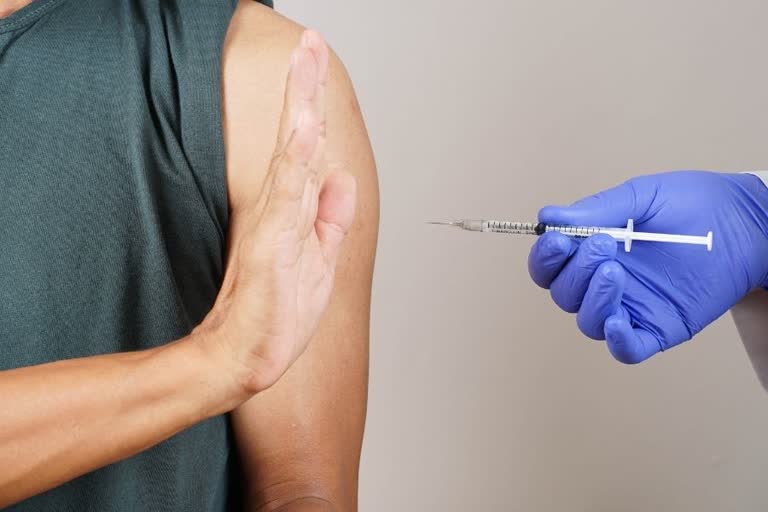The findings of a study published in the journal BMJ Open, show that vaccine hesitancy was three times higher among people who had experienced four or more types of trauma as a child than it was among those who had not experienced any. The researchers from Bangor University, UK, and colleagues analysed whether childhood trauma might be linked to current levels of trust in health systems information, support for and compliance with COVID-19 restrictions, and intention to get vaccinated against the infection. They drew on the responses to a nationally representative telephone survey of adults living in Wales, UK, between December 2020 and March 2021, a period during which restrictions to curb the spread of COVID-19 infection were in force.
Out of an initial 6,763 people contacted, the responses of 2,285 who met all the eligibility criteria and who had answered all the questions were included in the final analysis. The survey asked about nine types of childhood trauma before the age of 18: physical, verbal, and sexual abuse; parental separation; exposure to domestic violence; and living with a household member with mental illness, alcohol and drug misuse, or who was in prison. It collected personal details and experiences of long term health conditions, levels of trust in health service information on COVID-19, and attitudes towards COVID-19 restrictions and vaccination.
The team, including researchers from Public Health Wales and Liverpool Hope University, found that around 1 in 5 respondents said they had experienced one type of trauma, around 1 in 6 reported 2-3, and 1 in 10 reported four or more types of trauma. Increasing numbers of childhood traumas were independently associated with low levels of trust in National Health Services (NHS) COVID-19 information, feeling that government restrictions were unfair, and wanting mandatory face coverings to be ditched.
